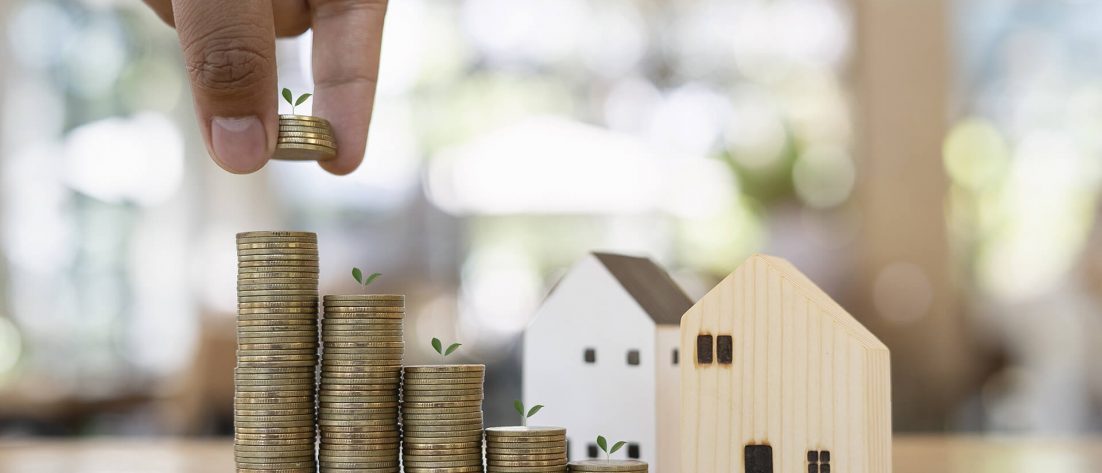Most people looking to purchase a new home will have the idea that the bigger the deposit, the better, but they may not be entirely familiar with why that is. Having a bigger deposit can mean several different things. For starters, a bigger deposit gives you more negotiating powers as you will be able to get a lower interest rate on your mortgage. What’s more, if your deposit is 20% or more, you will be able to avoid getting Lenders Mortgage Insurance (LMI). The interest and the insurance are both costs that can increase the amount that you will have to pay as part of your repayment plan, making your new home ‘more expensive’ in a sense.
Given this, it should come as no surprise that whether you are looking to become a first home buyer or simply looking to upgrade to a bigger house, your home deposit should be the number 1 thing you need to decide on. So, how can borrowers build bigger deposits? What options are there out there? Super? Deposit Bond? What else?
1. Budget
If you take nothing else from this article, then at least take this with you. Making a budget is the best way of saving money effectively and in a timely manner. Most people think that if they go through their month normally and at the end of the month put in savings, everything they have leftover, they will be able to save the money they need for their home deposit. That practice has shown time and time again its ineffectiveness. What works best is simply writing down your income and your current expenses on essentials- these include rent, bills, insurance payments, food, and then deciding on an amount that will go into savings each month. That way, at the beginning of the month, you will be putting towards your deposit the maximum amount that you can allocate.
2. Cut Down on Expenses
When making your budget, a big decision you will need to make is which expenses are truly necessary and which ones you can go without. It may be a good idea to consider things like moving to a cheaper apartment if you are renting or cutting down on all those subscription services you are not actively using. The funds that you save from this can then be redirected towards your new home.
3. New Income Sources
If you are looking to save even faster, you may want to consider finding additional income sources. These can include a new part-time job or even some easier side endeavours. For example, if your current home has a spare room that you are not using, you could consider renting the space out on Airbnb or through a similar service. The additional income can go straight into your savings account, and it can truly help you build up your deposit even faster.
4. Superannuation or Deposit Bond
Superannuation can be a great way of not only saving money but having that money grow through a reasonable interest rate and return on your investment. Super is mainly known as a retirement plan, but a part of superannuation was the creation of the First Home Super Saver Scheme. This scheme allows new home buyers to make contributions of up to $15,000 per year, and the account can, in total, have contributions for up to $30,000. Once you are ready to purchase your first home, you can take this money out with the returns it has earned and put it towards your first home. One of the main benefits is that super contributions are taxed at a lower rate, which means that more of your income will be going towards your savings.
A Deposit bond, on the other hand, is a type of insurance policy that is used in place of a cash deposit temporarily. The deposit bond shows your commitment to purchase the property. Using one, you can delay paying your deposit until the settlement is ready. This could buy you some extra saving time if you need it. Your mortgage broker should be able to assist you with determining whether a deposit bond could be a good idea for you.
5. First Home Buyer Help and First Home Buyer Stamp Duties
Deposits can be a big thing for first home buyers who are usually looking to upgrade their living situation as they are growing their family families. Often, they have just started a job, so savings is really a significant consideration. The First Home Owner Grant (FHOG) is an Australian state scheme that assists first home buyers to cover some of the costs of purchasing a new home.
Apart from the FHOG, first home buyers are also able to save money on stamp duties. This scheme can also be of service to those looking to maximise their savings to save up for a larger home deposit. Once again, both this scheme and these incentives are something that you can discuss with a broker to see what is available to you and what you are best suited for and what will help you reach your target home deposit faster.
Final Thoughts
Whether you have bought a home before or you are a first home buyer, there are many options available that can help you in your journey towards saving enough for your home deposit. Budgeting can be one of the most useful tools for those wishing to save for a new home. Increasing your income sources can also be a great way of achieving your dreams even faster. The government has also set different programmes that can help you with saving if you are a first home buyer, so if nothing else, don’t be afraid to look around and do your research while saving for your home deposit.
The Home Run Podcast is a newly launched show for Aussies who are about to start their journey towards homeownership. If you are a first home buyer, this is your go-to show for anything related to mortgage to help you achieve that great Australian dream of finally owning your first home. To listen to any of our past and recent episodes, you may check this page. To be the first to know when we release a new episode, subscribe to our mailing list to receive our updates. Thank you, and we hope that you enjoyed this blog!


